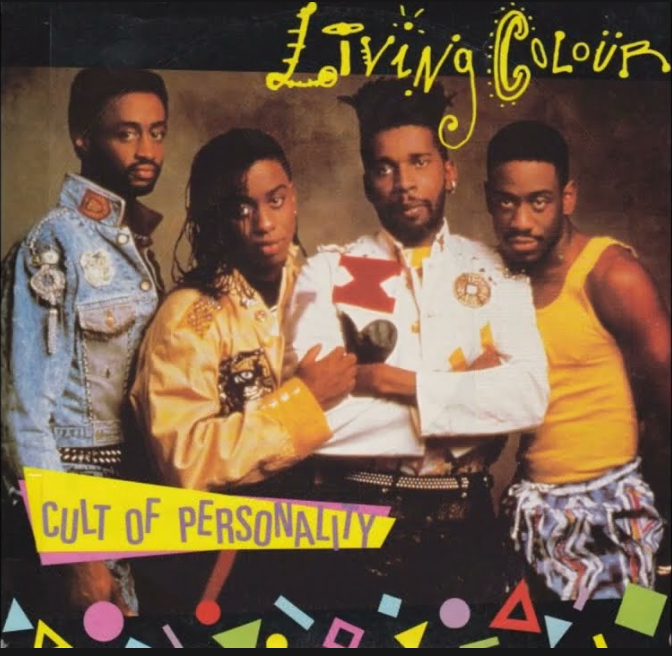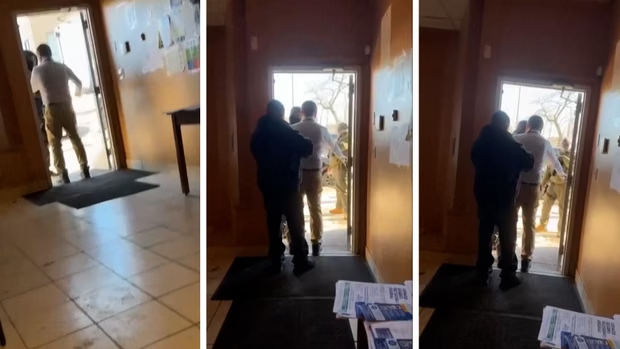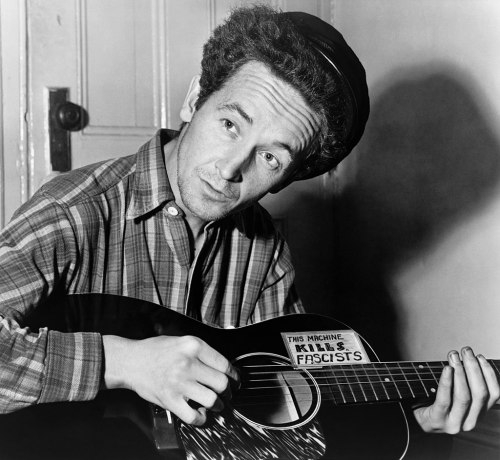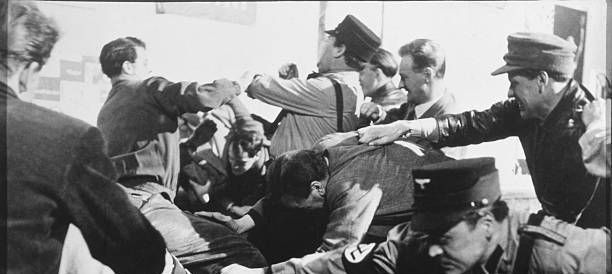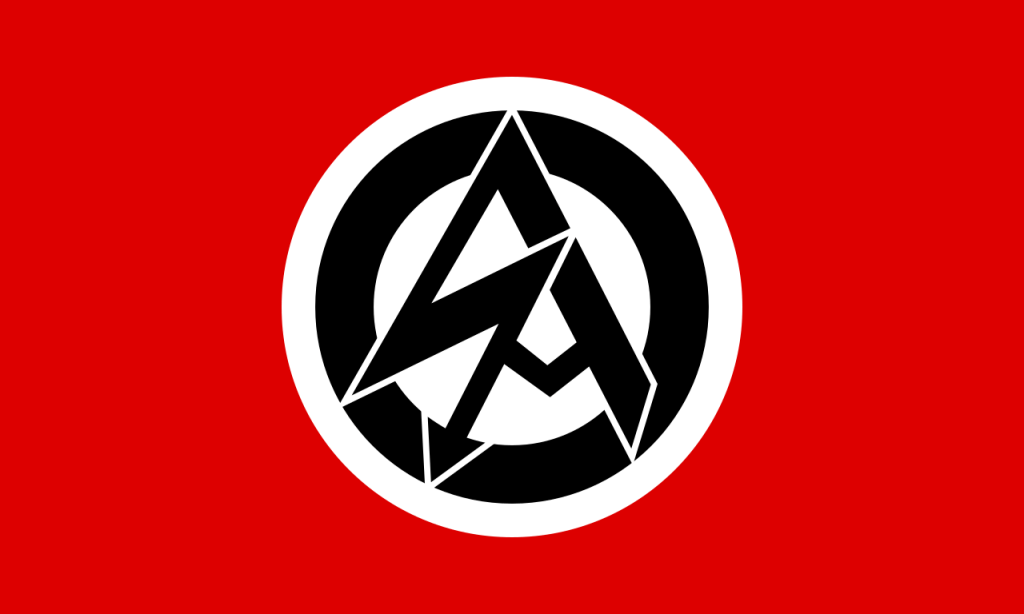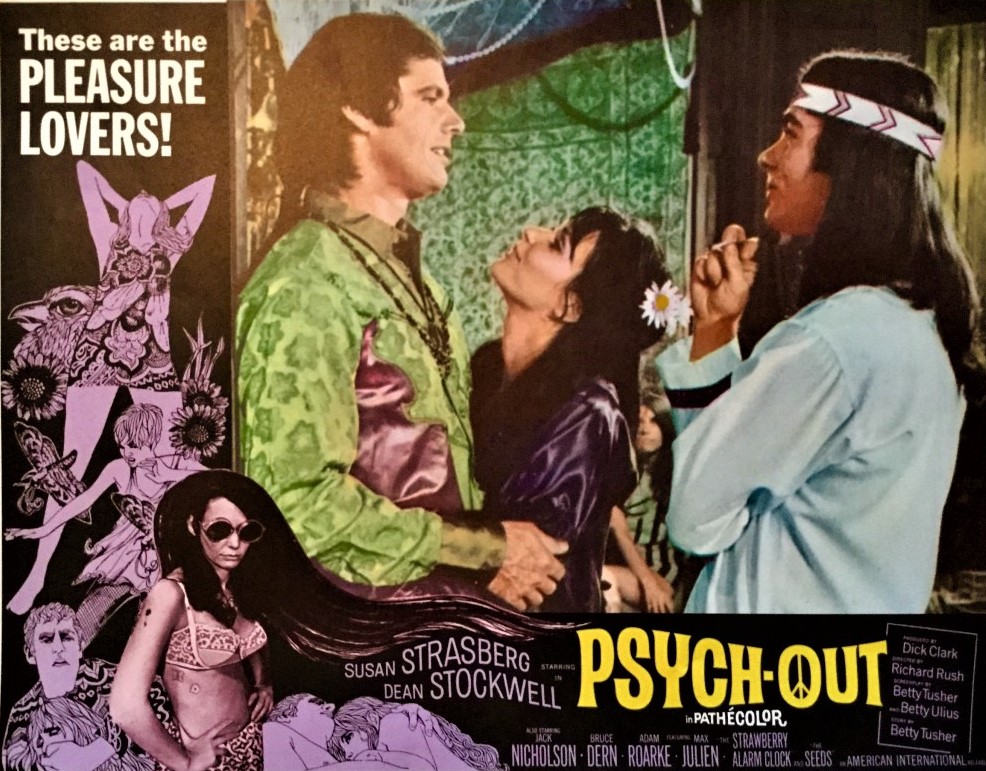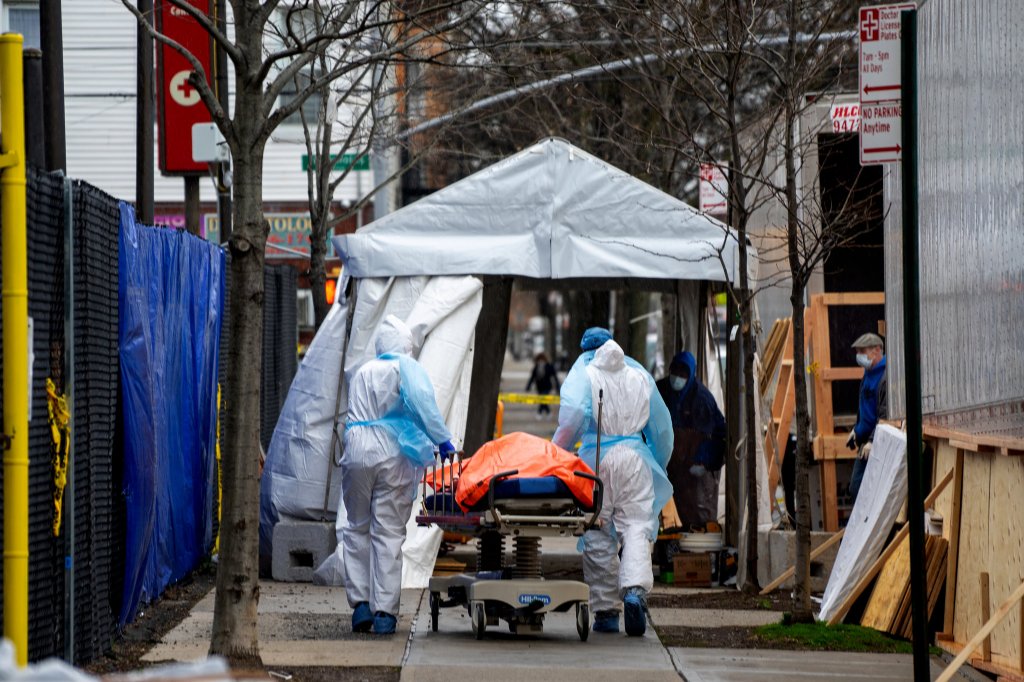The Year America Gets Politically Sober (from February 2016)
Note: When I reread this post ten years later, I am trying to remember precisely what “mess” and “political chaos” it refers to. We were still a long way from the political conventions of summer and the election in November. Thinking about it now, Trump was already in the mix (his rivals seemed to hate him, though that changed), Hillary was promised the nomination (Bernie had something to say about that, and thankfully he’s still talking), along with a whole lot of other bad signs. It closes with a thought of hope, probably left over from an Obama poster. But as the post said, “maybe as we near bottom, or hit bottom, we will change our ways.”
There are endless stories about people whose wild and self-destructive behaviors, addictions and obsessions careen out of control. Some of those stories are in books and movies. A lot more of them, millions of them, are in real life.
The stories sometimes end very badly. But sometimes, after a lost weekend, or a lost year, or a lost decade, something happens. Nearing bottom, or hitting bottom, people wake up. They realize that the path they are on—or the lack of a path—can only lead to bad times getting worse. And so they ask for help. Or they find the help within themselves. They recover. They get sober.
All the talking heads have explanations of how “we” got into this political chaos, with many people not particularly pleased with the choices they have, many people appalled at the choices other people are making, and a government—which is after all the point of politics—basically frozen and irrational.
“We” are not the victims. “We” created this mess ourselves. The forms of behaviors, addictions and obsessions are too many to list here. Let’s just say that if we choose not to be broadly informed, choose not to vote, choose to leave it up to other people, choose to be more interested in style than in substance, choose to be selfish, choose to divide by identity, choose to overlook serious problems, and make many other questionable choices, what do you expect?
All hope is not lost.
Just as with addicts and others who find themselves out of control, maybe this is our lost election, and maybe we are going to have to suffer its consequences, but maybe as we near bottom, or hit bottom, we will change our ways.
That’s a happy thought.
